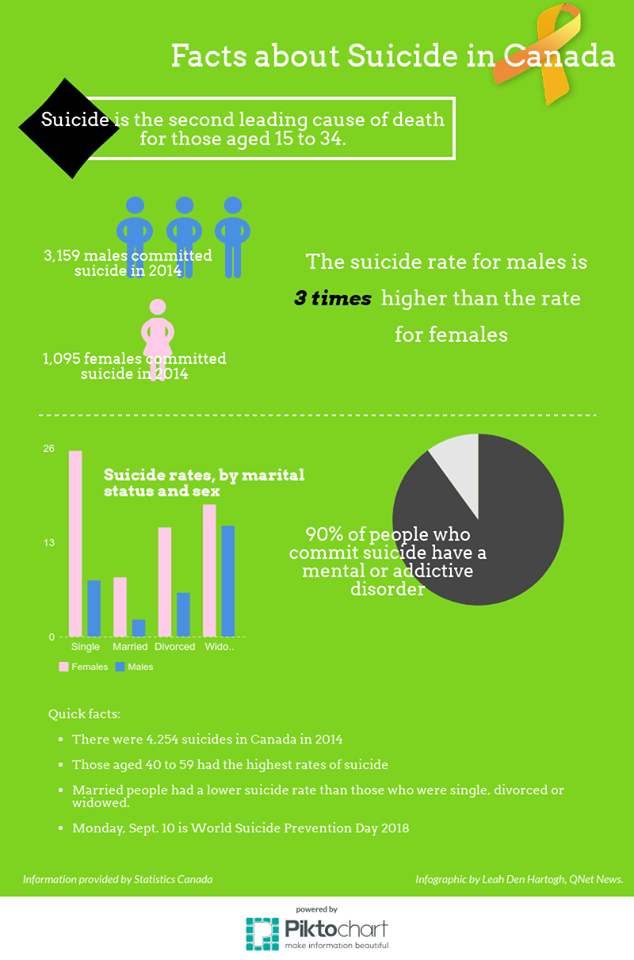
The residence commons building on Loyalist’s campus. Photo by Becky McMullen
By Becky McMullen [1]
Loyalist College is looking for a counsellor willing to work with students in residence, including weekends and weeknights.
The college posted a job on Dec. 20 for an outreach worker at $35 per hour starting as soon as possible to support students experiencing mental health issues and develop programs to promote mental health and wellness. The closing date is Jan. 5, 2018.
The job will involve working directly with students in residence.
“The incumbent works particularly with the student population in Loyalist residence and provides care and supportive intervention for these students,” the job posting states.
QNetNews tried to interview staff in the Counselling, Mind and Wellness Centre but were told they were too busy.
For students, the news is welcomed, especially for those who need services outside normal campus hours, said Shandee Baker-Cruikshank, a first-year spa, and aesthetic program student.
“Mental health isn’t a 9 to 5 type of thing. Panic attacks, or breakdowns or severe depression can happen at any time,” she said, adding she uses counselling services.
In the school, the wait for a counselling appointment is about a week long, she said. Baker-Cruikshank said that contributes to some of the students not taking advantage of the free sessions.
“I think that would deter almost anyone. You finally realize you need help so you go in on a Wednesday to talk, and then you’re told to come back next Tuesday. After a week, a lot of people with anxiety or depression can retreat back into themselves and once again deny help,” she said.
Because of stigma, Baker-Cruikshank says that some people don’t want to admit that they need help. She said that the initial thought that comes to mind is fear that the only people who need counselling are broken. Stigma is a big dilemma because it prevents people from feeling comfortable enough to go get the help that they need.
Baker-Cruikshank is no stranger to taking full advantage of the counselling services offered at the school. She said there is always a need for professionals in the mental health field, especially around young adults that are pursuing careers for the first time and only beginning to deal with real world pressures and responsibilities.
“I’ve had my share of problems with mental health, and I’ve found that it’s hard to get an appointment during the times you really need one. After a week, I might feel better and I might feel much, much worse,” she said.
She said the school is doing what they can, but there is always room for improvement.
“They’re trying. That much is clear. But they can only really see as far as their minds will let them. The issue is that there is still a bunch that they can’t see,” Baker-Cruickshank said.
A study [2] done by the Toronto Star and Ryerson University found the dramatic increases in the demand for mental health services at colleges and universities in Canada. A survey of 15 universities and college found schools are increasing the amount they spend on mental health and wellness have gone up by 35 percent.
It also found post-secondary institutions have also found a rise in accommodations, a special arrangement, where students are given extra time for test, exams, and assignment, due to anxiety or mental health issues.
A study by the American College Health Association of Ontario students found a 50 percent increase in anxiety, along with a 47 percent hike in depression and a 86 percent increase in substance abuse between 2013 and 2016. Suicide attempts rose 47 percent during the same period, it found.
Resident assistant Kaylea Saint, third-year Child and Youth Care student, said her only options are to call emergency services, like an ambulance or police, or have a student in residence wait until the next day.
“Just going to class, being liked, finances, being away from home, and sometimes with depression even getting out of bed is hard for somebody. Everyday things that people find easy, some people don’t,” she said.
“We want people to recognize when they need the help, and then sometimes when they do there’s no one available,” said Saint.
“We’ve run into situations where it would be helpful to have someone to call in that moment instead of EMS, offering to talk, offering to bring them to talk to someone tomorrow or list off resources, but sometimes they say no, and they need someone now. But we don’t have that yet,” she said.
